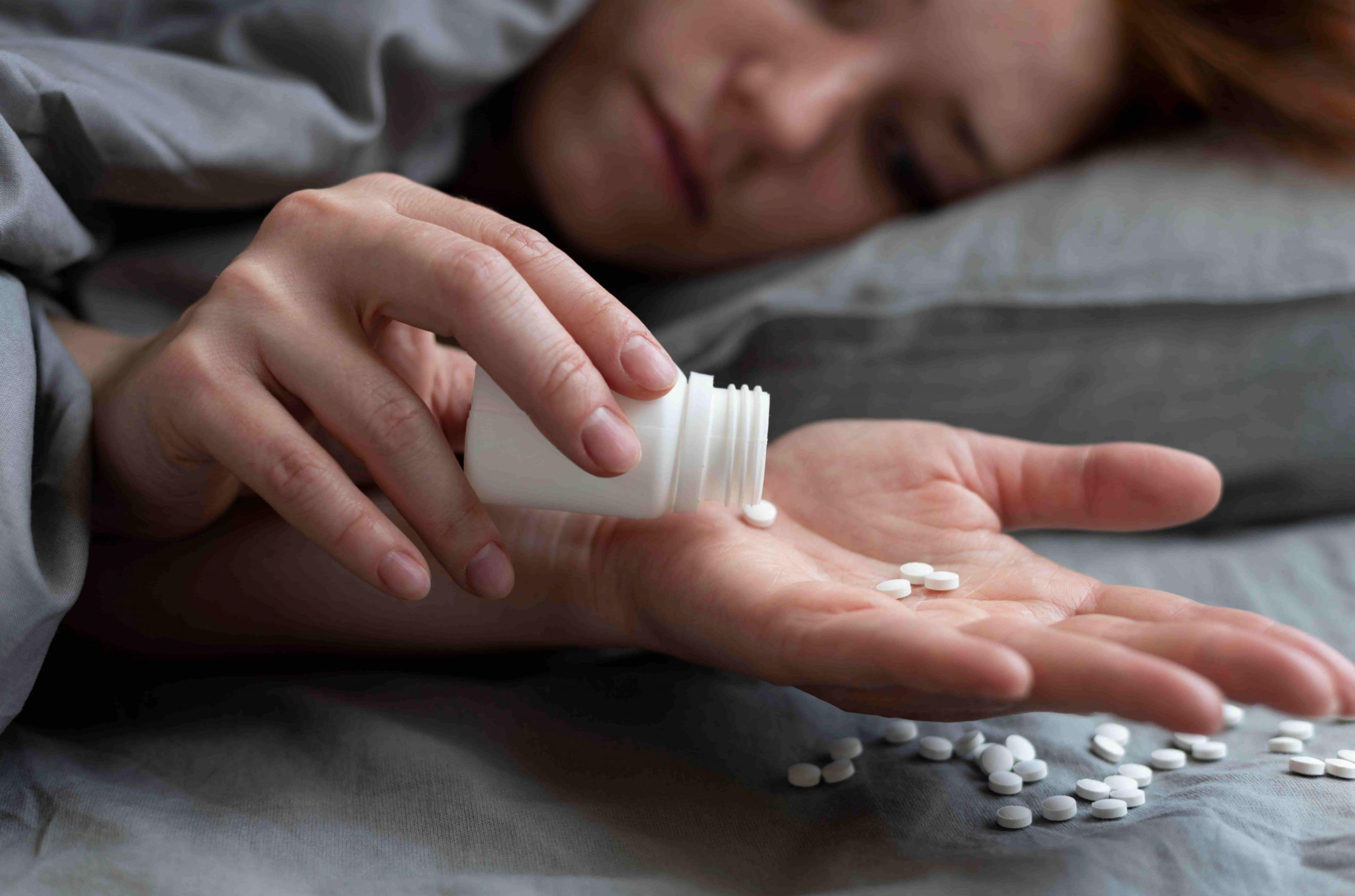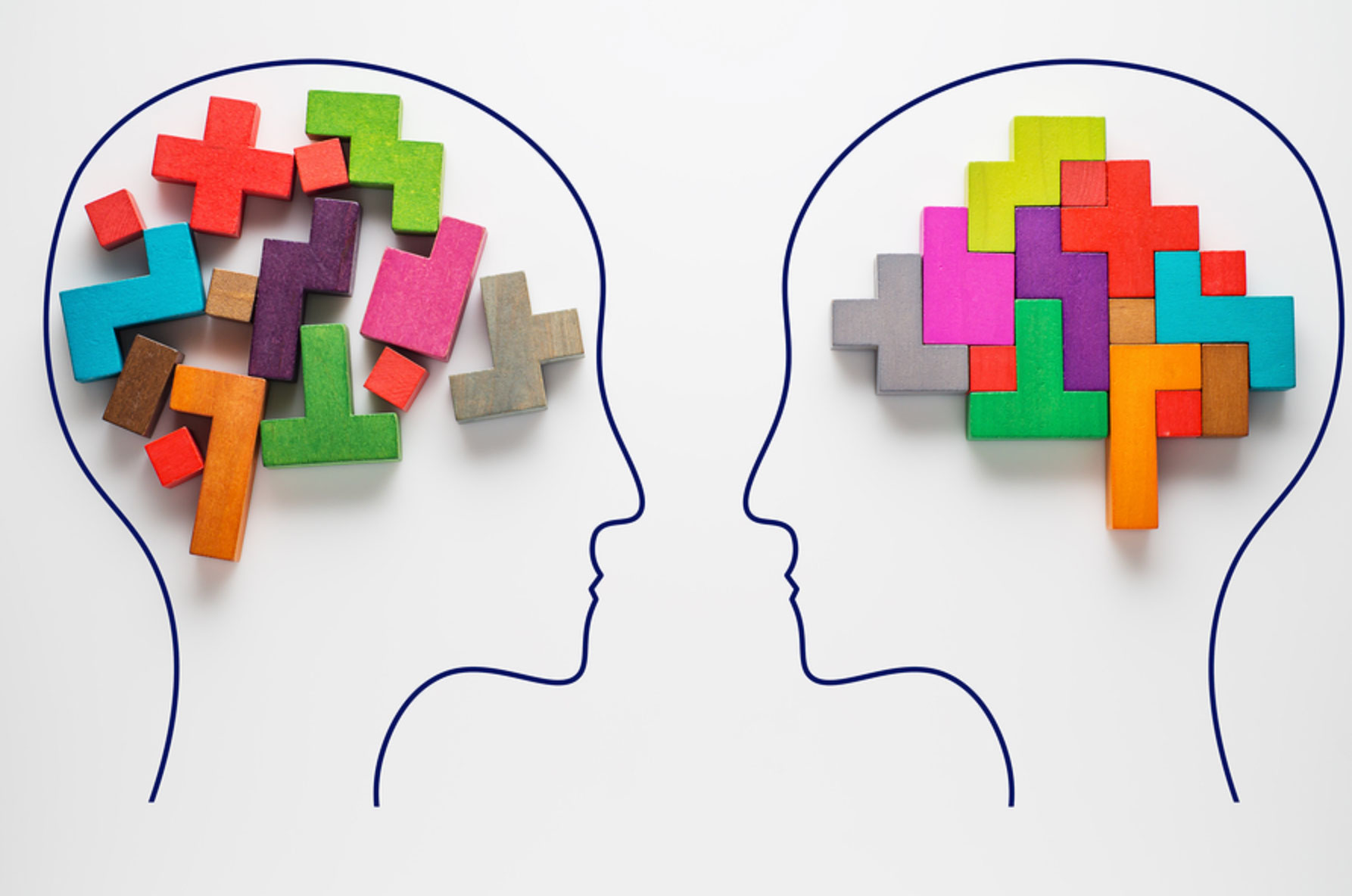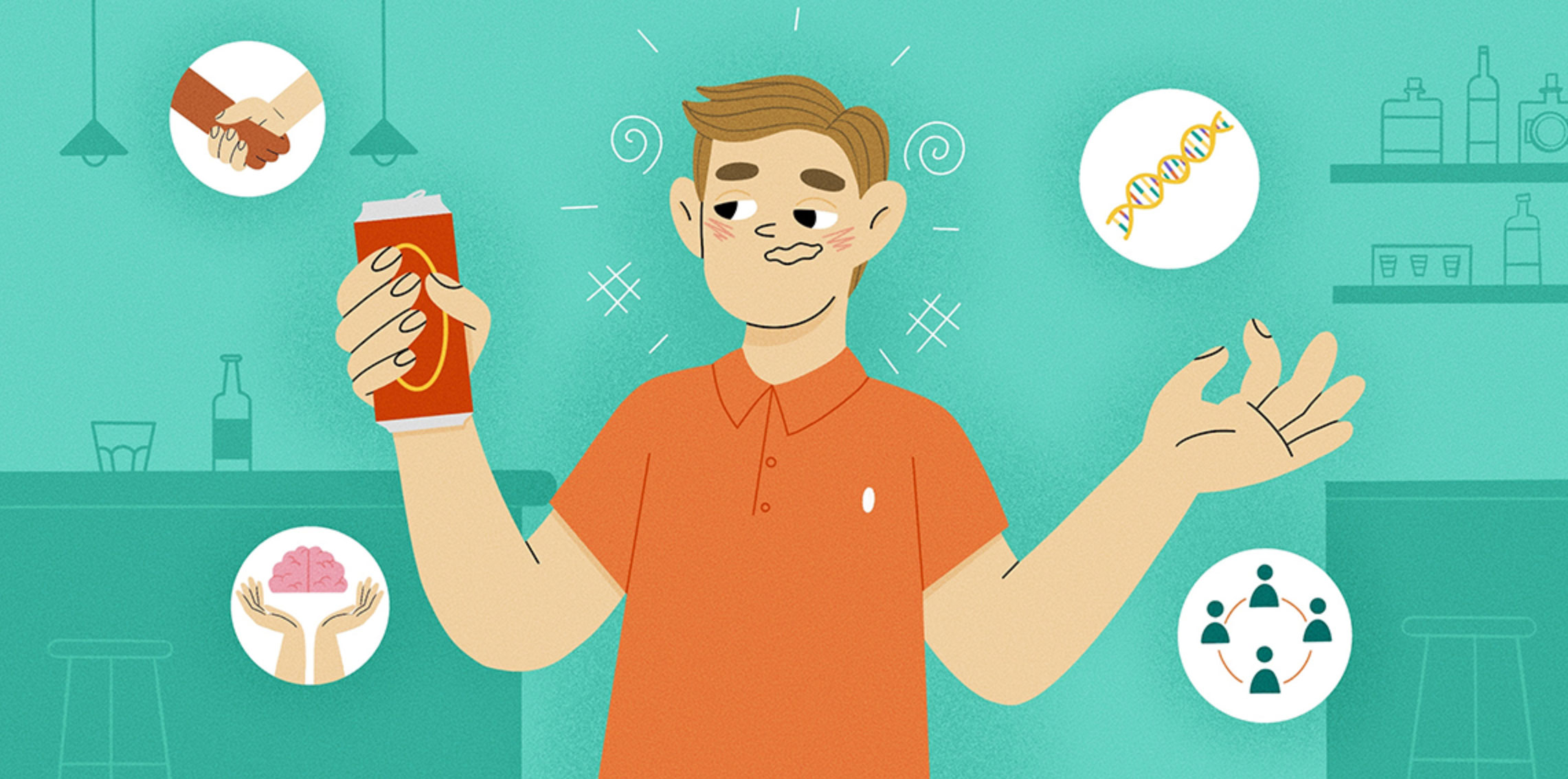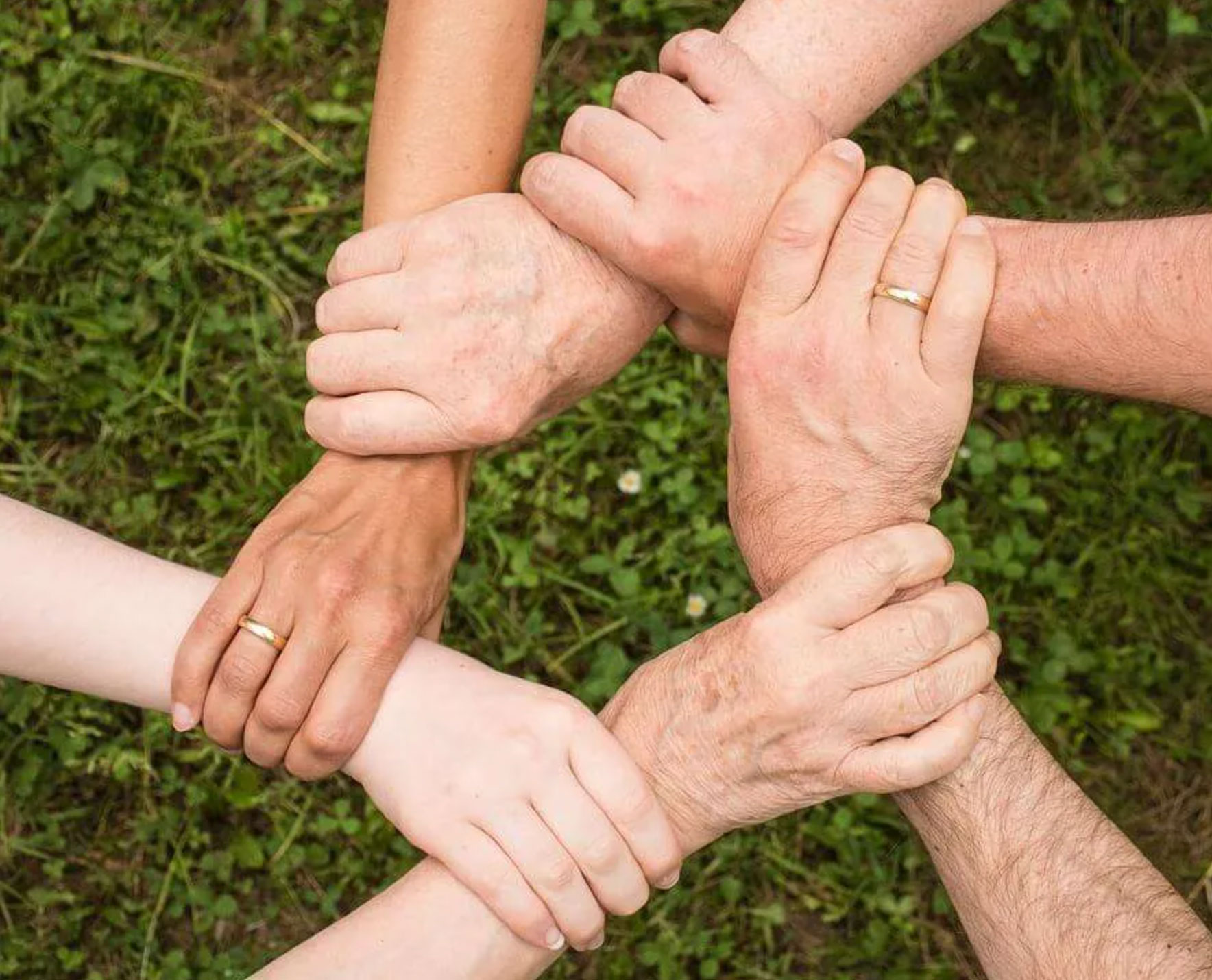Post-Traumatic Stress Disorder (PTSD) is a mental health condition that affects millions of people worldwide. Many individuals suffering from PTSD turn to substance abuse as a way to cope with their symptoms. The connection between PTSD and addiction is well-documented, but why do people with PTSD develop substance abuse? Understanding the underlying factors can help provide better support and treatment for those affected.
The Link Between PTSD And Substance Abuse

PTSD and substance abuse often go hand in hand. Individuals with PTSD may experience intense anxiety, flashbacks, and emotional distress. These overwhelming emotions can drive them to seek relief through drugs or alcohol. Studies show that people with PTSD are more likely to develop substance use disorders compared to those without the condition..
Self-Medication As A Coping Mechanism

One of the primary reasons why people with PTSD develop substance abuse is self-medication. Many turn to alcohol or drugs to numb their emotional pain and avoid distressing memories. Unfortunately, this temporary relief often leads to dependence and addiction, making the situation worse over time..
How Trauma Affects The Brain

Trauma has a profound impact on brain function. PTSD affects areas of the brain responsible for emotional regulation, such as the amygdala and prefrontal cortex. This disruption can lead to increased impulsivity and difficulty managing stress, increasing the likelihood of substance abuse as a coping strategy..
Risk Factors For Developing Substance Abuse

Various risk factors contribute to why people with PTSD develop substance abuse. These include genetic predisposition, lack of social support, and co-occurring mental health disorders like depression and anxiety. The combination of these factors makes individuals more vulnerable to addiction..
The Role Of Avoidance Behavior

Avoidance is a common symptom of PTSD. Many sufferers try to escape painful memories by avoiding situations that remind them of their trauma. Substance abuse can become another form of avoidance, helping individuals disconnect from their emotions and experiences temporarily..
Challenges In Seeking Treatment

Individuals with PTSD and substance abuse disorders often face obstacles in seeking treatment. Stigma, fear of addressing past traumas, and lack of access to mental health care can prevent them from getting the help they need. Integrated treatment approaches that address both PTSD and addiction simultaneously are crucial for recovery..
Effective Treatment Options

Thankfully, effective treatments exist for PTSD and substance abuse. Cognitive Behavioral Therapy (CBT), Eye Movement Desensitization and Reprocessing (EMDR), and medication-assisted therapy can help individuals cope with their trauma without turning to drugs or alcohol. Support groups and rehabilitation programs also play a vital role in recovery..
The Importance Of Support Systems

Having a strong support system is essential for those struggling with PTSD and substance abuse. Family, friends, and mental health professionals can provide the emotional and practical support needed to overcome addiction. Encouraging open conversations and reducing stigma can help more individuals seek the help they need..
Understanding why people with PTSD develop substance abuse is crucial in providing effective treatment and support. Many turn to drugs or alcohol as a way to cope with their trauma, but this can lead to addiction and worsening mental health. By promoting awareness, offering accessible treatment options, and fostering supportive environments, we can help those struggling with PTSD find healthier ways to heal and recover.


